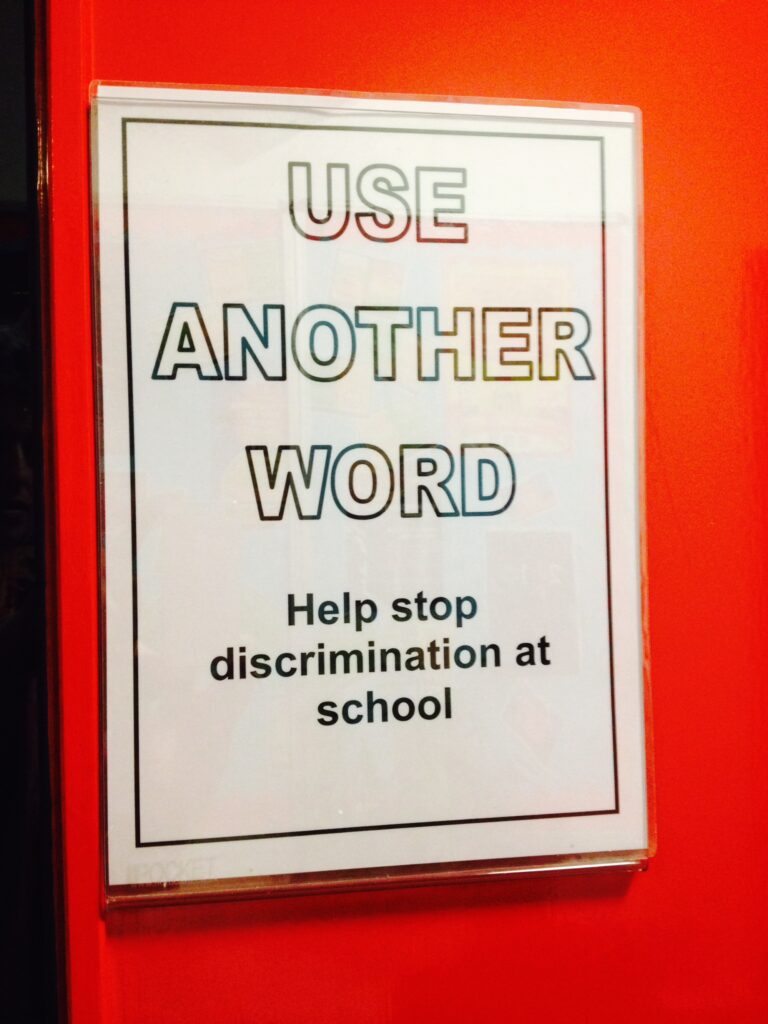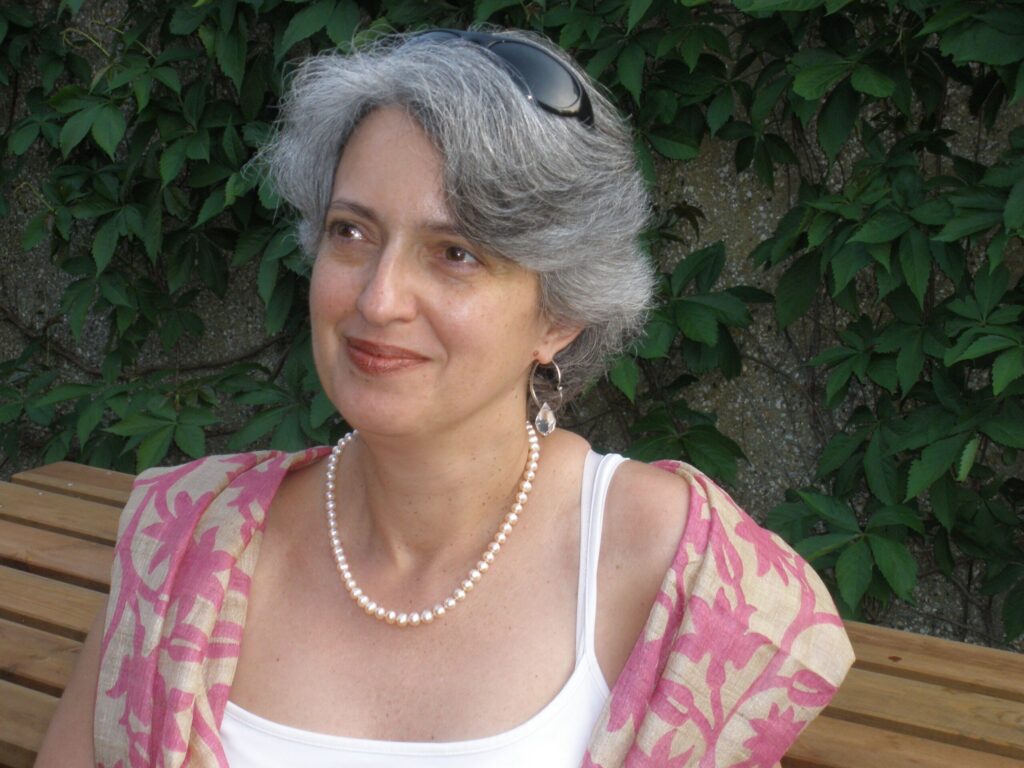August 7, 2014
I return to this blog after a short break, so the first few posts are retrospective. This is about my visit to a secondary school last term.
What had initially attracted me to this school was its co-location with a special school for pupils with labels of profound and multiple learning difficulties, as well as a powerful message on equality clearly stated in school literature. The school’s website leaves no room for doubt: every member of the school community (students, staff, parents and carers) is expected to participate fully and all identities, backgrounds and circumstances are welcome here. I went along intrigued to see what these statements look like when they are put into practice.
The first thing that struck me was how welcoming the school environment is. The entrance is spacious and inviting (admittedly a newly built school has an advantage, but the large-size photos of young people having fun learning could be replicated anywhere) and reception staff friendly and helpful. In the short while I waited to be met, I had more of a sense of being on holiday, or on a retreat, than in a busy inner-city school.
As we walked through the school, it became increasingly apparent how the website’s statements are lived out in practice. In most classes we entered, my kind host seemed to feel obliged to point out the “included students”, possibly because of my background as a special school teacher and declared interest in disability equality. That was not what I had come to see, however. Besides, if the pupils who have a statement of special educational needs are seen as the ones who are included, where does that leave the rest of the school’s pupils? That said, I was very pleased to notice that all of the pupils that were pointed out as “included” were, in fact, fully immersed in activities with their peers. If I was looking for them, I may not have been able to pick all of them out.

Learning about human rights, as well as taking action to show that everyone is of equal value, feature highly in this school. There are particular times when the school focuses on a specific equality issue; for example LGBT History Month, Black History Month and Disability History Month are all observed each year and the school plans a wide range of activities during Inclusion Week and Anti-Bullying Week in September and November each year. Equality work does not stop there, however, but permeates everything that goes on in the school.
I was particularly impressed with the school’s determination to contest any use of the word “gay” in a pejorative way. As well as providing a safe space and opportunities to explore issues and educate out prejudice, the school has recently embarked on a simple poster campaign to act as a constant reminder. “Use another word” the posters say and appear throughout the school. Simple and effective, with minimal cost implications, this initiative seems doubly resourceful (no pun intended), as it also reminds everyone to avoid using any word that could be perceived as hurtful.
Your email will not be displayed on comments



